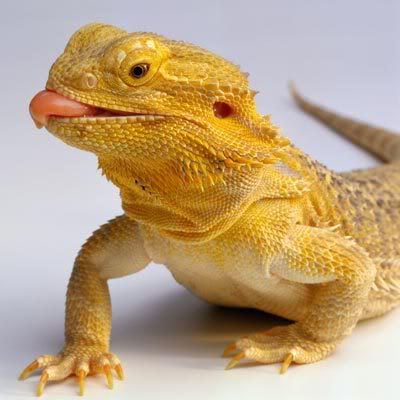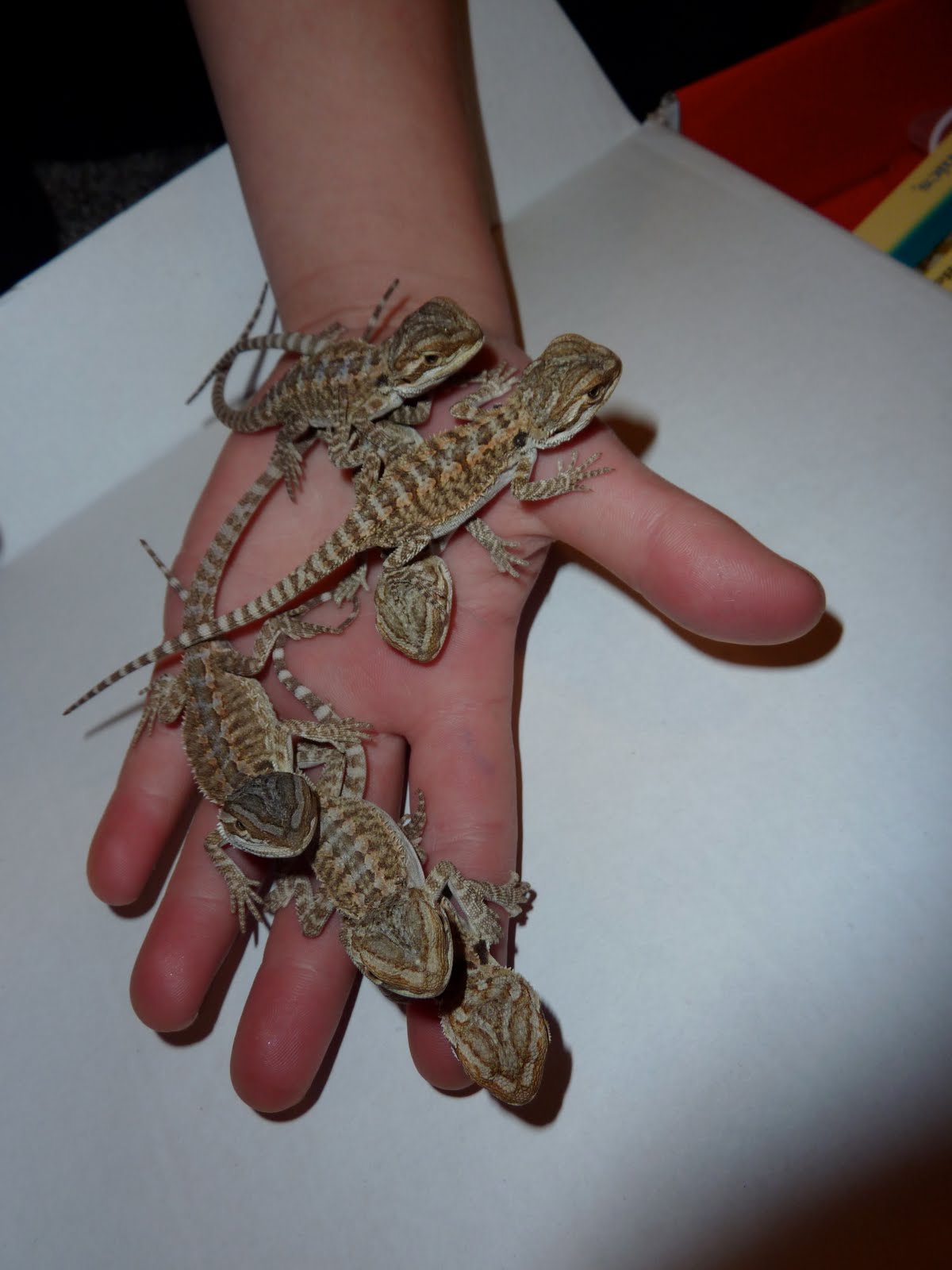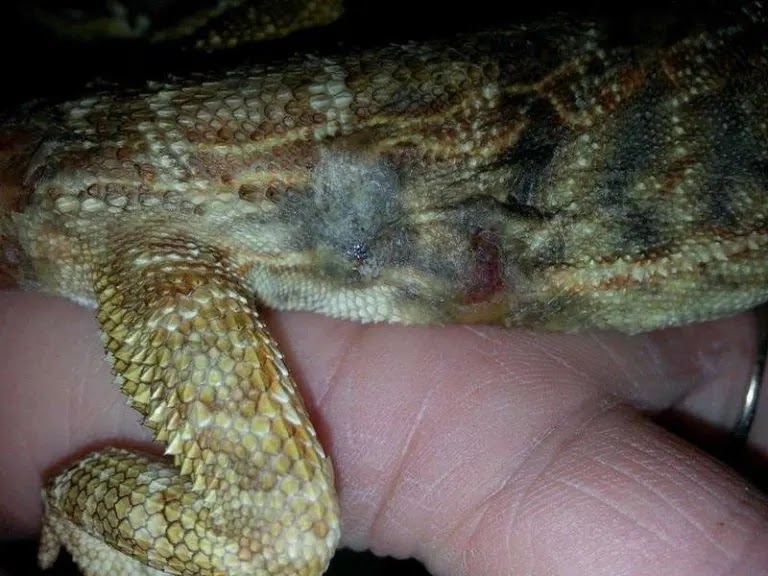The Ultimate Guide to Black Spots on Bearded Dragon Bellies
Black Spots on Bearded Dragon Belly: What You Need to Know
As a bearded dragon owner, you may come across something unusual on your pet’s belly one day: black spots. These spots can be a cause for concern if you don’t know what they are or if they are harmful to your reptile. In this article, we’ll discuss everything you need to know about black spots on bearded dragon bellies and what you should do if you find them.
What Are Black Spots on Bearded Dragon Bellies?
Black spots on bearded dragon bellies are usually melanistic cells. Melanistic cells are cells that produce dark pigment. These cells can accumulate on the belly of your bearded dragon, creating black spots that can vary in size and shape. Melanistic cells are a normal occurrence in bearded dragons, and they typically don’t cause any harm to your pet.
What Causes Black Spots on Bearded Dragon Bellies?
There are a few reasons why bearded dragons can have black spots on their bellies. The most common reason is genetics. Some bearded dragon breeds are more prone to having melanistic cells on their belly than others. Another reason is age. As bearded dragons age, they can develop more melanistic cells on their belly. Stress can also cause black spots to appear on a bearded dragon’s belly. If your bearded dragon is stressed or anxious, they may develop black spots as a result.
Are Black Spots on Bearded Dragon Bellies Harmful?
In most cases, black spots on bearded dragon bellies are harmless. They are a natural occurrence and don’t typically cause any health problems for your pet. However, if you notice any other symptoms along with the black spots, such as lethargy or loss of appetite, you should consult with your veterinarian.
What Should You Do If You Find Black Spots on Your Bearded Dragon’s Belly?
If you find black spots on your bearded dragon’s belly, there is usually no need to worry. However, it is always a good idea to monitor your pet’s health to make sure there are no other symptoms present. If you notice any other symptoms, such as loss of appetite or lethargy, you should take your bearded dragon to the veterinarian for a check-up.
How Can You Prevent Black Spots on Bearded Dragon Bellies?
While black spots on bearded dragon bellies are a natural occurrence, there are a few things you can do to help prevent them. Firstly, make sure your bearded dragon is in a stress-free environment. Stress can cause black spots to appear, so it is important to keep your pet calm and relaxed. Secondly, make sure your bearded dragon is getting proper nutrition. Providing your pet with a balanced diet can help prevent the development of black spots. Lastly, ensure that your bearded dragon is getting enough UVB exposure. UVB exposure is necessary for the production of vitamin D3, which is essential for your pet’s overall health.
Conclusion
In conclusion, black spots on bearded dragon bellies are a natural occurrence and typically don’t cause any harm to your pet. However, it is always a good idea to monitor your bearded dragon’s health to make sure there are no other symptoms present. Providing your pet with a stress-free environment, proper nutrition, and sufficient UVB exposure can help prevent the development of black spots on their belly.







